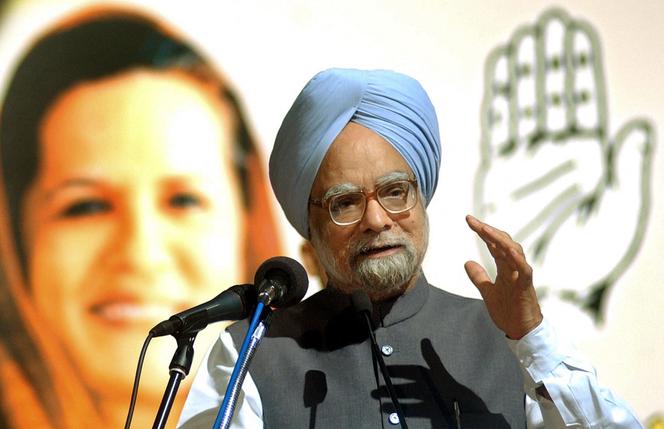


Manmohan Singh was a quiet leader, but he left a profound mark on India's economy and beyond. The former prime minister, who had been in frail health for some years, died on Thursday, December 26, aged 92. An eminent economist and member of the Congress Party, the Nehru-Gandhi formation, he was the first and only Sikh to hold this office to date. He led India for two terms, from 2004 to 2014. He did not retire from parliament until April 2024. The legacy he leaves is immense.
His successor, Narendra Modi, praised his "wisdom and humility." Signh was his complete opposite. Born before India's partition in 1947 in Gah, a village in the Punjab region of what is now Pakistan, he came from a humble background, but went on to attend Britain's leading educational establishments, Cambridge and Oxford. Humble and open-minded, he was undoubtedly India's best-educated leader.
The economist arrived at the top of the state almost by accident. Sonia Gandhi, Rajiv Gandhi's widow, headed the Congress Party and should naturally have become prime minister after the old independence party's victory in the 2004 elections. But a virulent campaign led by the Bharatiya Janata Party (BJP) against the "foreigner," the opposition's threat to boycott her nomination session and reluctance within her own party led her to give up. This Italian woman embraced India when she married Rajiv Gandhi and took up the baton when her husband was assassinated on May 21, 1991 by a suicide commando of the Tamil Tigers of Sri Lanka.
You have 73.22% of this article left to read. The rest is for subscribers only.
